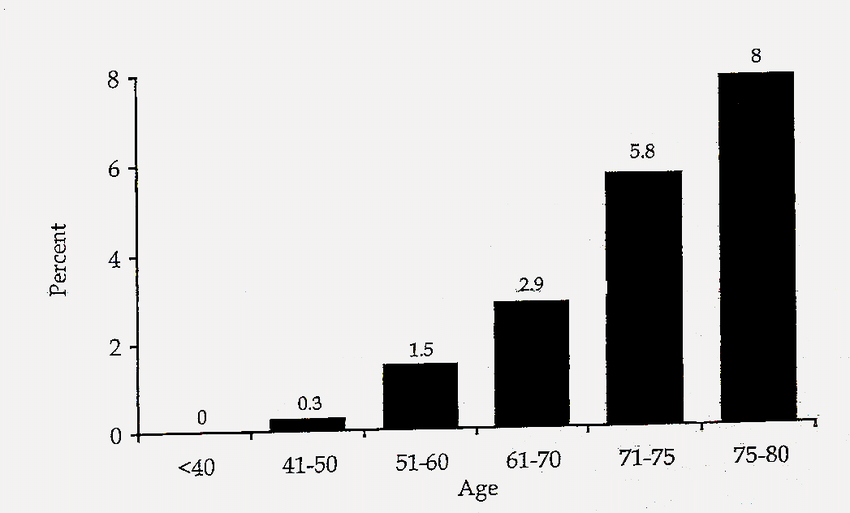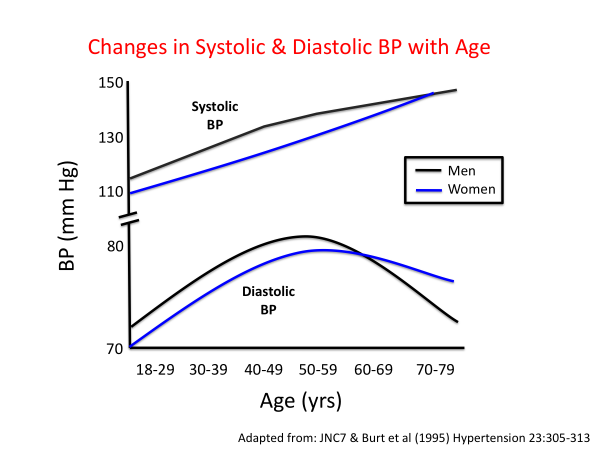Can we live young and long?

We undergo 3 agings – 1) Chronological, 2) Biological, and 3) Psychological. Chronological aging is a measure on calendar or absolute time scale, it is the time span from the point of birth. Biological aging refers to wear and tear and functionality level of organs, and psychological that of our emotional maturity.
All of us age equally on absolute time or calendar scale, but our biological and psychological aging vary tremendously. Psychological aging depends on our experiences and on passing through a certain experience we are never the same person, and can never come back to become same person.
Focus of this article is biological aging. Our body is designed in such a way that it can not only accelerate or slow-down aging process, can even reverse it. All our tissues and organs carry potential of becoming new after a certain period of time. Such as our stomach lining is changed in every 2 or 3 days, our white blood cells last for around a week, skin becomes new in 3 to 4 weeks, liver cells regenerate themselves in 3 to 5 months and bone cells are replaced in every 10 years. This way we become almost new in every 8 or 10 years. Although there are certain cell types whose regeneration is doubtful e.g. earlier it was believed that brain and heart cells do not regenerate, new findings suggest that even they do.
Our biological aging depends on this regeneration functionality. If this remains functioning well, it's possible to keep biological age at a low level despite of chronological aging. People can have calendar age of 80 and biological age of 40 and vice versa. Because of sedentary and toxic living most humans are now in accelerated biological aging, although their lifespan is increasing due to support systems available, the aging rate is also. This way most are living old and long i.e. out of health span.
Signs of accelerate aging are – early hair loss and graying, impaired vision, hypertension, thyroidism, early heart attack, early cancer and early diabetes. Most chronic diseases that were earlier setting in late 50s or 60s are now becoming full blown a decade or two earlier.
Determining Biological Age
There are certain blood tests available that measure DNA methylation based on epigenetic clock theory of agein, then there are certain online questionnaires that can help one predict one's biological age by answering certain questions, also there are certain weighing machines available and standing on them one may get to know one's biological age; however, all methods suffers from different technical errors.
In our opinion one's blood pressure is quite a reliable indicator of one's biological aging. As we age walls of our blood vessels keep becoming stiffer and thicker because of atherosclerosis or arterial clogging. This leads to increase in blood pressure.


Henceforth, if one's systolic blood pressure is not increasing with time one is probably defying aging. The ideal range for blood pressure is 90/60 to 110/70, and if one is able to run a couple of miles and maintain resting heart rate in 50-65 range, it speaks volumes in terms of fitness.
Living an active lifestyle in a clean natural environment is the most important factor is achieving slow aging goals. Biological age reversal is one of the core focus of Sehatvan's research. We are forming a group named 'Club 125' with an objective of bringing together the individuals who would like and endeavor to remain youthful till their 125th birthday.
